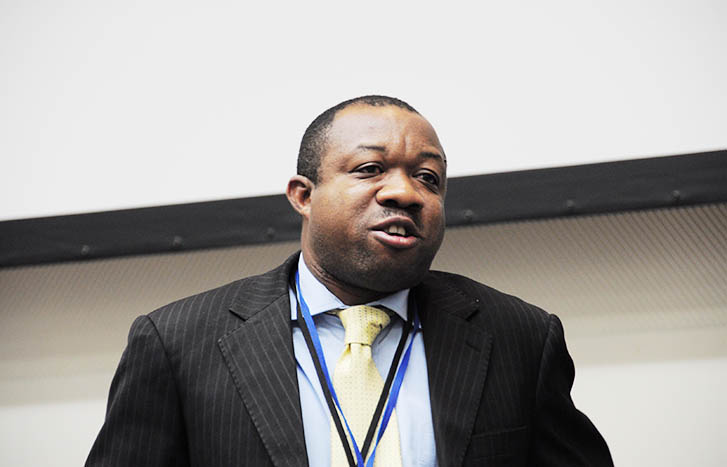
A leading environmental advocacy group, Sustainable Research and Action for Environmental Development (SRADeV Nigeria), has strongly criticized the Federal Government’s decision to accept “non-hazardous” waste imports from the European Union (EU), warning that the move could have serious environmental and health consequences.
Executive Director of SRADeV Nigeria, Dr. Leslie Adogame, decried the development, stating that Nigeria is already struggling with a solid waste crisis and should focus on managing its existing waste instead of opening its borders to foreign refuse.
“Nigeria is battling a huge solid waste crisis, yet we are now opening our doors to foreign waste like fly ash, textiles, rags, and paper, under the guise of it being ‘non-hazardous,’” Adogame said.
Recent findings by SRADeV Nigeria revealed that the country has agreed to receive non-hazardous waste from the EU under Regulation 2024/1157, which allows waste shipments to non-OECD countries starting May 21, 2027. The waste categories include Refuse Derived Fuel (RDF), paper waste, textile waste, rags, and fly ash.
“This is unacceptable and reflects poor governance, a lack of environmental foresight, and an outright disregard for public health,” Adogame added. “If the waste is truly non-hazardous, why is it being offloaded onto less developed countries like Nigeria?”
SRADeV Nigeria also raised concerns over the lack of transparency in the decision-making process. The organization’s Policy and Technical Officer, Mr. Jeremiah Ato, described the agreement as a form of “waste colonialism,” where wealthier nations transfer their waste burden to countries with weaker regulations.
“The Nigerian government, as well as the EU, must be fully transparent about this agreement and prioritize citizens’ health and environmental well-being over external economic interests,” Ato stated.
The group further warned that at a time when global discussions on waste trade controls are intensifying, Nigeria’s decision to accept waste imports raises serious concerns. Adogame highlighted that waste streams like Y-48, which includes plastic waste under the Basel Convention, require special regulatory consideration due to environmental risks, especially in countries like Nigeria that already face severe plastic pollution challenges.
SRADeV Nigeria has called for an urgent review of the decision by the National Chemicals Management Committee (NCMC), urging the committee to evaluate the implications and ensure full transparency.
Additionally, the group has urged the EU to act responsibly and ensure its waste export policies, as outlined in Article 41 of Regulation 2024/1157, do not place an undue burden on developing nations.








